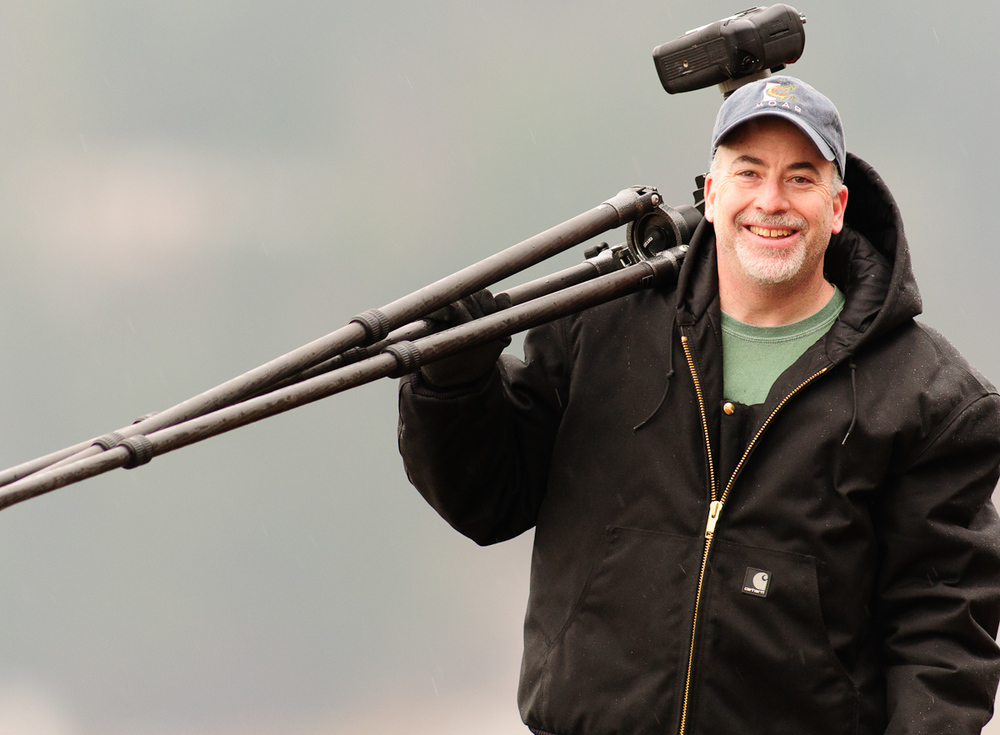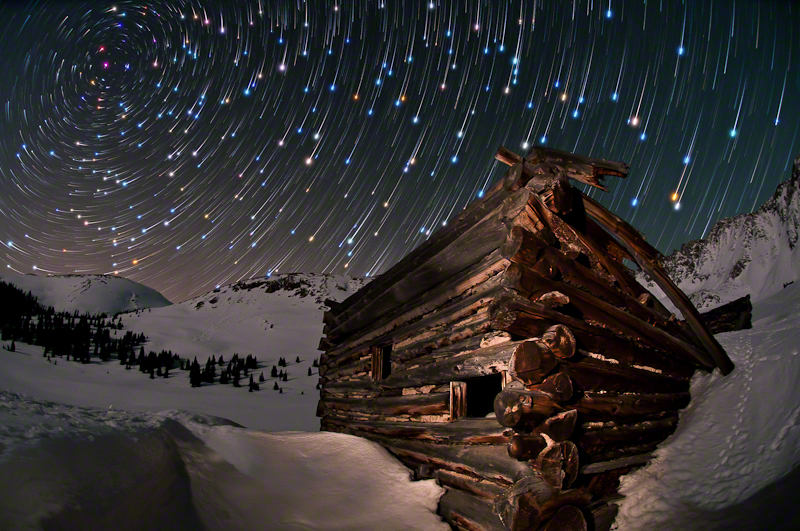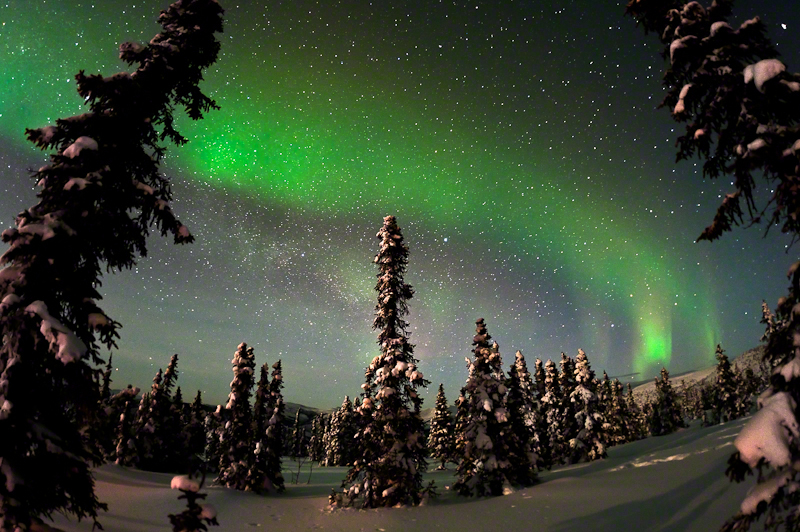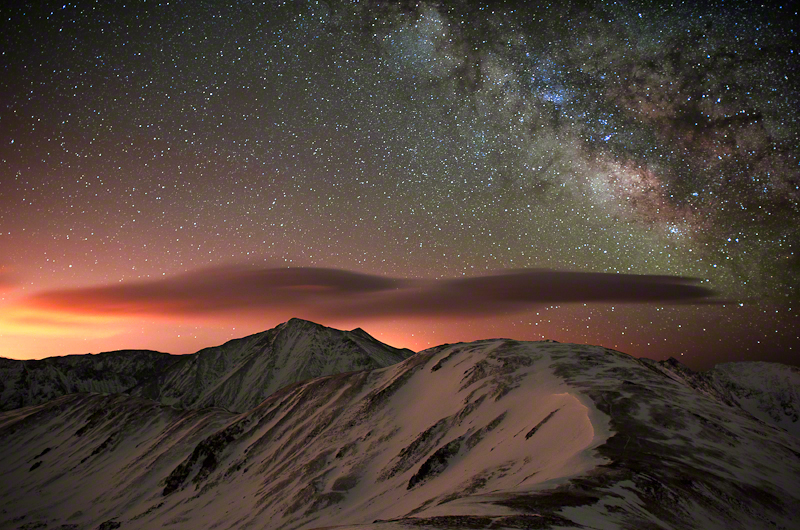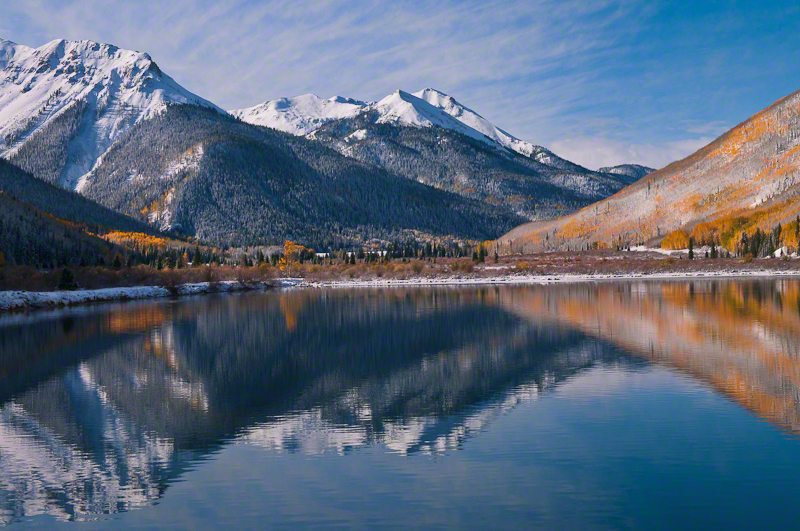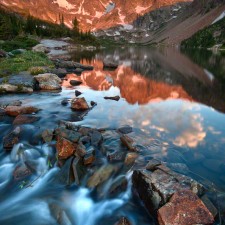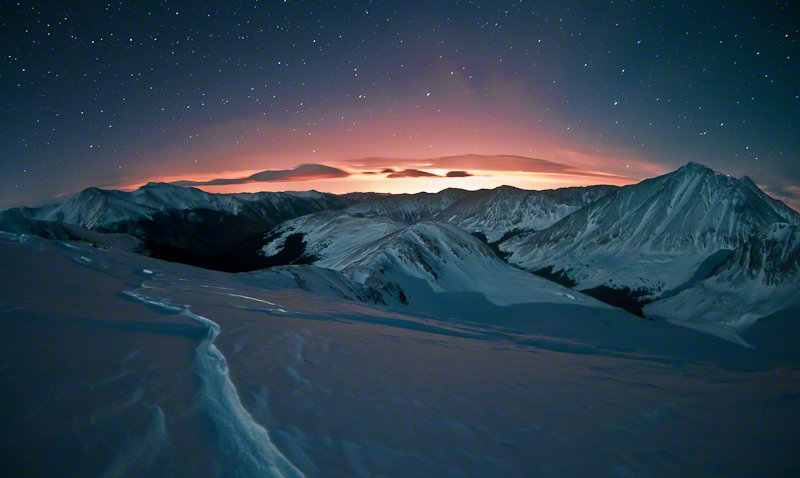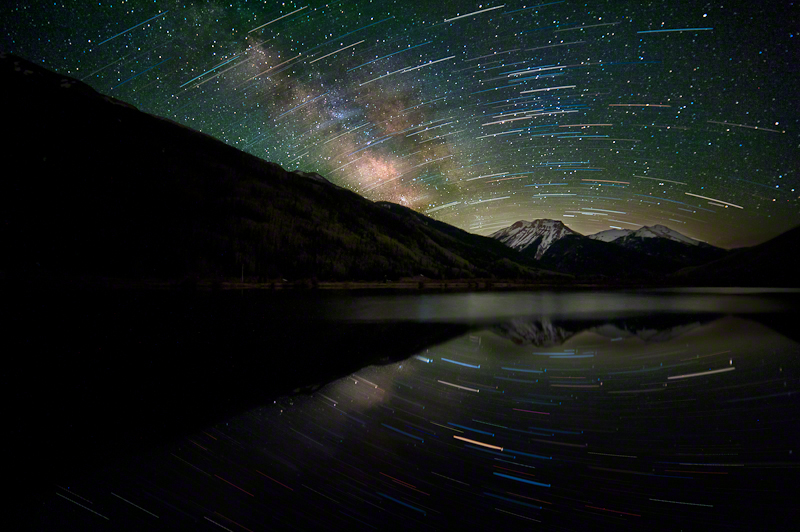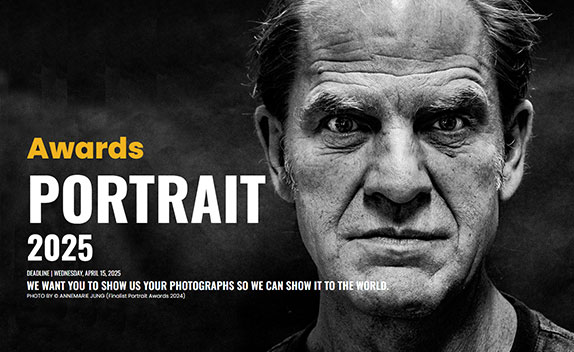Whether hiking in the dark to a spot for sunrise or 4-Wheeling high mountain passes, I like to give the extra effort to capture scenes in the most unique way possible. So much so that it’s become a passion of mine – to find the most unique captures possible.
Can you tell us a little about yourself?
Back in my days of scuba diving in the tropics, I learned that it’s wonderful to be able to find great escapes from reality – places where I could forget about the pressures and frustrations of daily life. And among the escapes I tried, I found that scuba diving was one of the very best. I found it tough to even think about frustrations when swimming with the fishes underwater – which I thought was a very good thing. But then taking this a step further by capturing and sharing with others (especially those who may never get the chance to see it for themselves) presented me with a great opportunity – one that I found very motivating.
Now as a landscape photographer based in Littleton, Colorado, I’ve found much of that same motivation in shooting the wonders of the Rocky Mountains. And while it doesn’t quite have the same challenges as the underwater photography I used to pursue, I find myself searching for some of the greatest escapes possible just the same. And in my experience, I’ve found that the locations and times that give me the greatest mental escape also result in some of the most outstanding photography I’ve ever captured.
This is what motivates me to not just go out and shoot landscapes, but to go out and capture the wonders of Colorado (and beyond) in a way that screams beauty and leaves a genuine lasting impression.
Who influenced you early on? And where do you get your inspiration now?
At a young age, my Dad really encouraged me to follow in his footsteps as a hobbyist photographer. And while I wasn’t too motivated by the (seemingly never-ending) stops along the side of the road, I really liked the results I got to see later on. This encouraged me to try a few different kinds of photography – which set the stage for the landscape photography I do now.
Now, I get my inspiration from an incredible community of photographers I’ve found locally and through social networking. I’ve been very pleased with the collaborative attitude I’ve seen from other photographers and have found it very motivating. Many of the ideas for my best captures come from other photographers sharing their work.
How would you describe your photographic style?
My work is the result of an ongoing pursuit to capture unique scenes in Colorado and the Rocky Mountains. And with such a focus on being unique, I find that timing is a big component as the great shots rarely present themselves at a convenient time of the day. Instead, I often find myself heading up on the mountain at night or super early morning. It’s really a factor of the lighting and when that lighting will be available.
But it’s not enough to just capture at the right time, it’s critical to include the components that really speak Colorado. For me, this means mountains, mines, stars, and other components that really make an image stand out – which often means a lot of time scouting locations in the backcountry. This combination of great locations with perfect timing gives me a style that attempts to capture the dream scenes I’ve imagined in my mind.
What projects are you working on currently?
I’m currently working on a pursuing my passions into the darkness of the night. I’ve been intrigued with capturing the wondrous landscapes of Colorado in the most unique way possible and have found that the night-time hours provide a great opportunity to make it happen. With a passion for the night and gear that supports it, I’ve been lining up some epic combinations of incredible locations with celestial timing to get some incredible mountain milky way captures – some of which, you see here.
Do you have any tips or hints to share with aspiring photographers?
I really like to remind aspiring photographers that most of what’s needed to be a great photographer is learned. Sure, some photographers have more of a natural eye for composition than others. But for the most part, the skills needed to be a successful photographer are very much within your control. When I learned this, I found it very motivating. I thought it was great to learn that (with some training, good strategy, and a little effort) I could actually hold a candle to some of the photographers I thought so highly of. I don’t mean to take anything away from some of the great photographers out there but my point is that good pictures come from good planning of location and timing and using good technique. It doesn’t come from just from a specific kind of camera or lens or even person. It’s something that many of us are both capable of. We just need to step up and make it happen.
Any final thoughts?
Thank you to Dodho and all of you who’ve taken the time to look at my work. If you’re interested in more – either seeing more of my portfolio or in learning more about how I capture my images.



